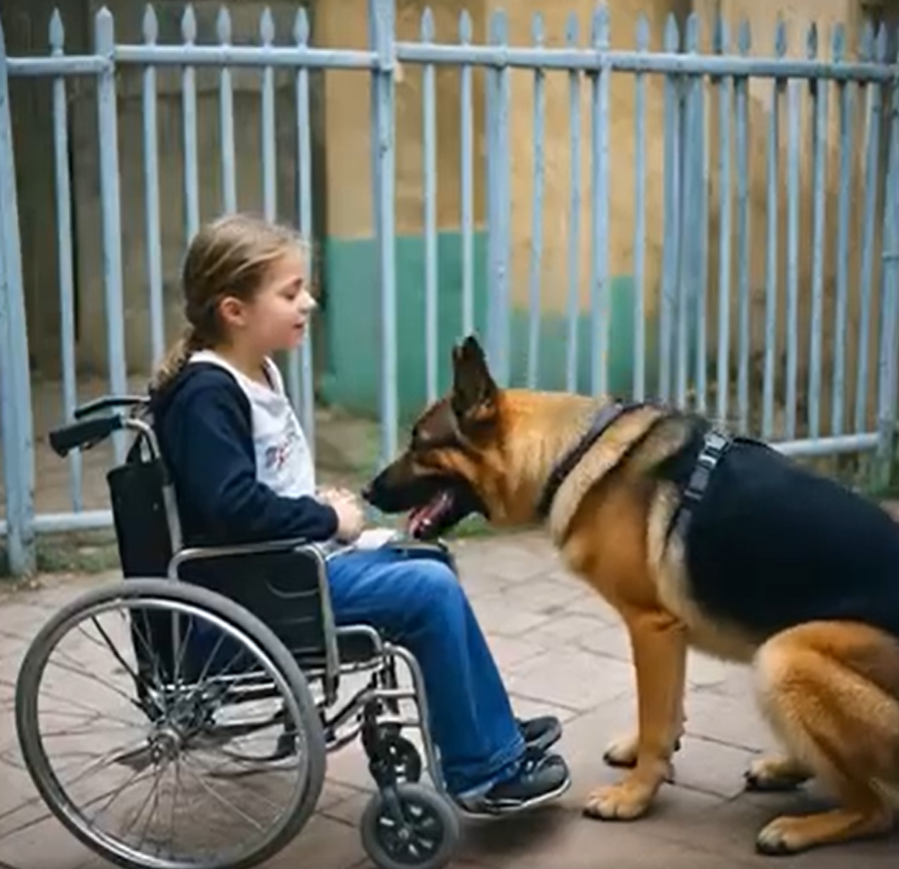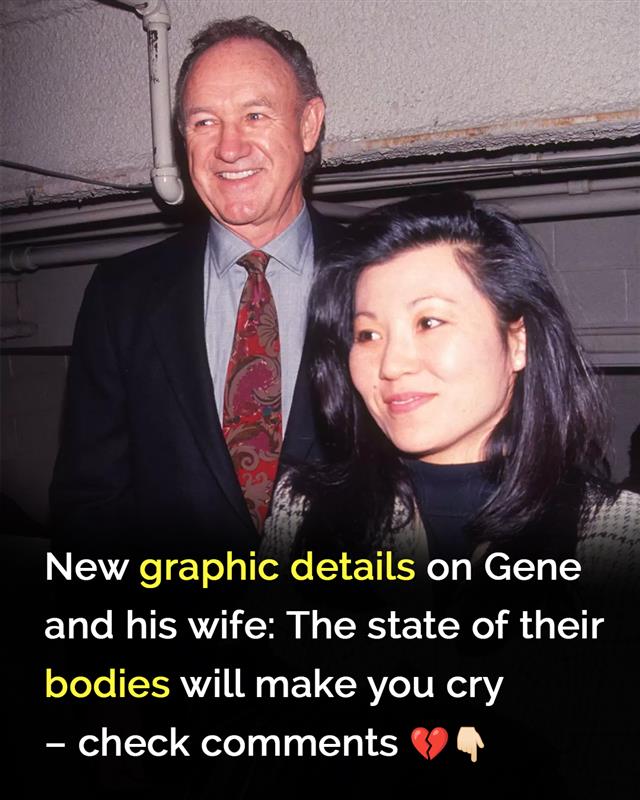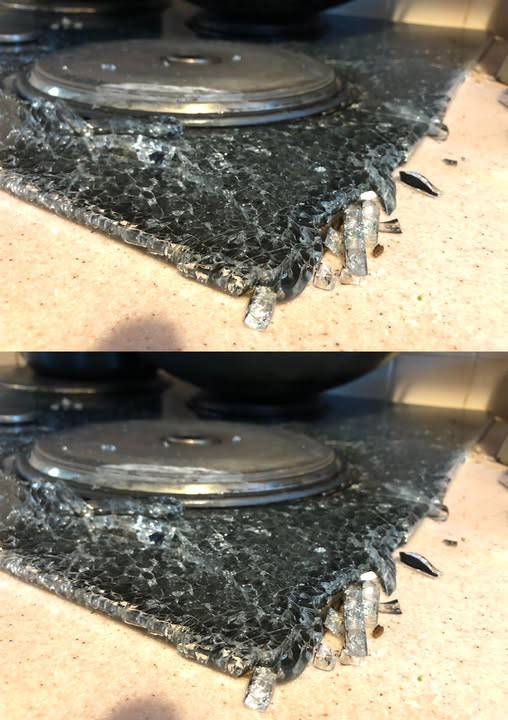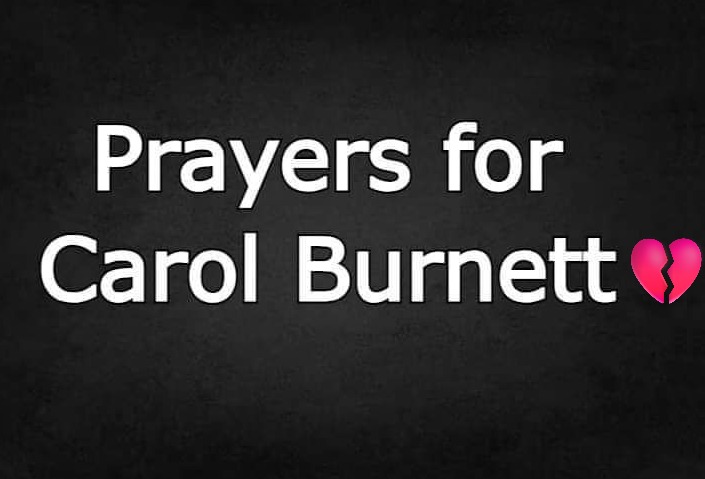A young woman in a wheelchair quietly rolled into a Chicago animal shelter and said, “I want to see the most frightened one.” The staff exchanged uneasy glances — everyone knew exactly which cage that meant: number eleven.
That cage belonged to Max, a massive German Shepherd who’d earned the heartbreaking label of “hopeless case.” Max was infamous around the shelter for his fierce growls, his sharp teeth bared at anyone who came close, and sudden lunges at the bars. Volunteers, even the most experienced ones, avoided him. Max had endured a cruel past — found malnourished and injured in the basement of an abandoned house, his collar embedded painfully in his neck, his body marked by scars that told stories of suffering. Since arriving, he hadn’t allowed a single soul to approach him.
But this young woman, Sophia, wasn’t like anyone else.
Brought in by her mother, Sophia was quiet, calm, and unwavering. Her legs no longer worked after an accident, but her eyes shone with a quiet strength. As they passed row after row of hopeful dogs, Sophia’s gaze fixed firmly on the far end of the shelter — on Max, who lay panting heavily in the shadows.
“I want to talk to him,” she whispered softly.
One of the staff hesitated. “He’s dangerous,” the worker warned. “He doesn’t trust anyone.”
Sophia nodded gently. “I used to feel the same way.”
With trembling hands, her mother guided Sophia’s wheelchair closer to the infamous cage.
Suddenly, Max snapped upright like a lightning bolt—his massive frame tense, fur bristling, teeth bared in a fierce snarl. The deep growl that rolled from his throat rattled the cage.
Sophia’s mother froze, fear gripping her.
“Sophia, please don’t,” she pleaded.
But Sophia’s eyes stayed locked with Max’s—not with the fury or the teeth, but with the pain beneath. She leaned forward slightly, voice barely above a whisper.
“You’re just scared, aren’t you?”
Max growled louder, leaning nearer. A shelter worker stepped forward, ready to cover the cage, but Sophia gently stopped them.
“He won’t attack,” she said calmly. “He just doesn’t believe yet.”
The room was silent, stunned. No one had ever seen Max allow anyone closer than a cautious few feet, even during feeding times.
Sophia’s voice stayed soft and steady.
“Hi, I’m Sophia. I didn’t want to end up in a wheelchair either. I was scared. Angry, too.”
Max’s ears twitched faintly.
“When I woke up after my accident, I thought no one would want to be my friend again. That I didn’t matter. That I was broken.”
Max froze. His eyes locked on hers—no aggression, just weary sadness.
Sophia continued, “People told me I still mattered. That my heart was whole, even if my legs weren’t. And you, Max… you’re not mean. You’re just tired. Tired of being alone.”
A hush fell over the shelter.
Then, slowly, Max moved. Instead of growling, he stepped back and lay down, resting his head on his paws.
A collective gasp escaped the room.
“He understands her,” whispered a volunteer.
Sophia reached out a trembling hand to the bars.
“Can I just stay close?” she asked softly.
Max didn’t flinch. His dark eyes softened just a little.
Sophia smiled and said nothing more. Her quiet presence was enough.
Minutes ticked by. Max lay peacefully as Sophia breathed steadily beside him. The dim light revealed the scars on his muzzle—each a mark of his painful past.
“You’ve got scars too, huh?” she whispered. Rolling up her sleeve, she showed a thin scar across her forearm.
“From glass… when the car flipped.” Her mother winced quietly; Sophia rarely spoke of that night.
“But the worst scar,” Sophia said, “is feeling alone.”
Her fingers brushed the wheelchair armrest. “When you’re in the dark… and think no one will ever come close.”
Max lifted his head, eyes fixed on her.
He was listening.
Sophia extended her hand again—not to touch, but to show she was there.
“I’m not in a hurry. I’m here.”
Moments passed. Trembling, Max inched forward.
Step by step.
He reached the bars and cautiously sniffed her fingers.
Sophia stayed still, whispering, “It’s okay. I won’t hurt you.”
Max gently touched her fingers with his nose, then backed away—but didn’t retreat.
Sophia smiled. “Thank you,” she whispered. “You’re the bravest soul I’ve ever met.”
And then, to everyone’s amazement, Max came closer again, rubbing his muzzle softly against her hand. Twice.
As if checking if she was real.
Sophia’s mother began to cry softly.
“He’s real,” she whispered. “And he’s kind.”
Sophia ran her fingers reverently through Max’s rough fur.
“You’re not scary,” she said. “You’re just hurt. And I get that.”
Max sighed deeply, his eyes tired—but glimmering with hope for the first time.
That hope whispered: I don’t want to be alone anymore.
The shelter staff were speechless. The woman who’d fed Max for months stood crying quietly.
“He never let me near,” she said. “And now… he trusts.”
Sophia looked at her mother. “Can we stay a little longer?” she asked.
Her mother nodded.
For the first time in ages, Sophia felt no fear. And Max—no rage.
They simply sat together.
Two lonely souls finally understood.
Over an hour passed. Max rested his head against the bars as Sophia gently stroked his muzzle. His breathing was calm. The anger was gone.
Sophia’s mother watched quietly, amazed to see her daughter light up after so long being closed off.
“Should we record this?” whispered a young volunteer.
The manager shook her head.
“No,” she said softly. “This moment is just for them.”
Later, Sophia spoke again.
“You weren’t always like this, were you?”
Max tilted his ears, listening with his heart.
“I was angry a long time after I couldn’t walk. I didn’t feel like me anymore. Kids at school avoided me. Some even mocked me. I just wanted to disappear.”
Max turned his head slowly, meeting her gaze.
“You hid too, didn’t you?”
Max crawled closer and touched the wheel of her chair with his nose.
He wasn’t afraid anymore. He was searching for connection.
“My mom says I’m strong,” Sophia said softly. “But I didn’t believe it… not until today.”
She scratched behind Max’s ears. He growled quietly—not angry, but amazed.
“You know I could fall if you yank,” she teased. “But I’m still here. Because we’re friends now.”
Then something remarkable happened.
Max stood, circled his cage, and barked—just once.
Not wild or aggressive.
But like he was saying, “I’m here. I’m alive.”
Sophia jumped, then laughed joyfully.
“He just said hi,” she told her mom.
As the shelter prepared to close, staff offered to escort them out.
But Sophia hesitated.
“He’ll think I’m leaving like everyone else. I don’t want him alone in the dark.”
The manager paused, then returned with paperwork.
“If you’re serious,” she said, “we can start the adoption process. He’s not easy. He needs someone who’s committed.”
Sophia’s mother looked at her.
“Do you really want him?”
“Yes,” Sophia said firmly. “He’s like me. Not cruel. Just hurt. Maybe… we can heal each other.”
Days later, Sophia returned—not as a visitor, but as Max’s new owner.
For the first time, his cage opened.
He stepped out cautiously, unsure.
As if expecting to be thrown back in.
But instead, he gently laid his head in Sophia’s lap.
Everyone held their breath.
Sophia hugged him softly and whispered, “Welcome home, Max.”
Max let out a soft growl—not fear, but peace.
From that day forward, they were inseparable.
Max walked beside her wheelchair in the yard, waited patiently at the door after school, and lay beside her during long, painful nights.
Sophia smiled more and more each day.
To the people of Chicago, it seemed like a miracle.
But Sophia’s mother knew the truth.
It wasn’t magic.
It was two broken souls, lost and hurting, finding each other.
Every Sunday morning, Sophia rolled out of her building, Max waiting faithfully by the door.
A green bag hung from her chair—treats and a ball inside.
They passed familiar places—the lake, the sausage vendor, the friendly neighbors.
“Hi Sophia! Hi Max!” a woman called from her balcony.
Max matched the pace of her wheelchair—gentle and steady.
People marveled.
Wasn’t this the same dog once labeled dangerous?
Now Max cuddled with children, stood guard beside seniors, and loved without hesitation.
At night, when the house fell silent, Max lay next to Sophia’s bed and sighed long and deep.
He still remembered the fear and pain.
But he wasn’t alone anymore.
“We made it together,” Sophia whispered.
A month later, Sophia’s teacher asked the class to draw something that changed their life.
Some drew bikes or siblings.
Sophia drew a cage.
An empty cage.
Beside it, her wheelchair.
And Max—large, kind, with bright eyes.
“This is Max,” she said. “He was alone. I was too. But now, we’re together. And we’ll be okay.”
The teacher wiped tears from his eyes and pinned the drawing to the board.
“Sometimes,” he said quietly, “the ones who are most wounded become the greatest healers.”
That night, Sophia and her mother returned to the shelter with Max by their side.
They brought food, a blanket, and a box marked, “For those still waiting.”
Max walked confidently.
When he reached his old cage, he sniffed the bars and barked—not in fear, but as a farewell.
“You’ll never come back here,” Sophia promised.
As they left, a young boy approached shyly.
“Can I pet him?” he asked.
Sophia smiled.
Max gently nudged the boy’s hand.
The child giggled.
“He’s like magic!” the boy exclaimed.
Sophia laughed softly.
“Yes,” she said. “Real magic.”
At home, the sun dipped behind the city skyline.
Sophia looked at Max and whispered:
“You thought no one would ever love you, didn’t you?”
She stroked his neck.
“But now… now they love us. Together.”
Max sighed and settled by her feet.
He was finally home.
And in a corner of Chicago that once felt gray and cold, people now told the story of a girl named Sophia and a dog named Max—who walked through the darkness and found light, showing the world that even the most broken hearts can heal.



